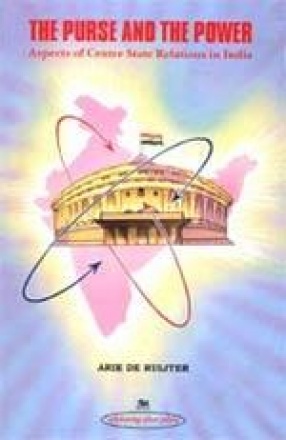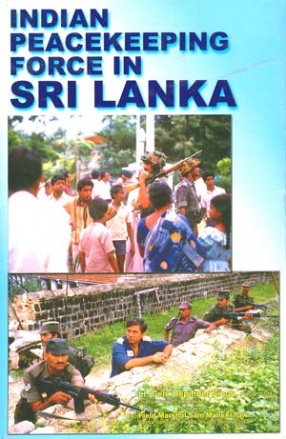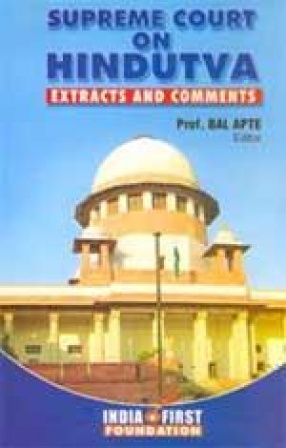The Purse and the Power: Aspects of Centre State Relations in India
Synopsis
India was held together by the conscious political use of constitutional, legal, sometimes military, and financial instruments. The book focuses on the management and distribution of financial resources. This "Power of the Purse" assumes special significance in a vast, diverse and poor country like India. New balances of power had to be sought. The interpretation of a new Constitution was developing constantly. The relationship between the Centre and the States became a focal point. The fact is stressed that throughout its fifty years of Independence, India remained a democracy. With a brief interruption this system survived the weakening of a once all powerful party. The interaction is shown between the constitutional stipulations, the political developments and the respective authorities of the Central Government and the States. The general background is provided by, on the one hand, the history of the party political developments and, on the other hand, the characteristics of the constitutional provisions and their degree of "flexibility". In both cases special attention is given to their relevance for the Centre-State relations. In this framework the Sarkaria Report is dealt with extensively. The discussions on the Panchayats are then given as a more or less practical illustration. In the review of the respective financial competencies and powers of the Centre and the States, much attention is devoted to the interpretation of the constitutional stipulations relating thereto, as also to the role of the Finance Commission (s). Then follows a study of the Planning Commission; in its evolving role as well as in its later decline. This study includes sections on the Gadgil Formula, the Centrally Sponsored Schemes and the Jawahar Rozgar Yojana. An analysis of the importance of the Licence Raj, and what is left of it, for the Centre-State relations, is a logical follow-up. The book ends with a number of concluding remarks. According to the author, the observation cannot be avoided that after half a century of independence all aspects of India’s Centre-State relations still muddle from one ad hoc “solution†to the next. The analysis of the causes of this state of affairs, however, is followed by the final remark that the way India survived its internal conflicts, with the Centre-State relations as one of its main issues, tends to make one not too gloomy about the future, for all its difficulties and complications.
Read more
24.30
21.87
$
27.00 $
Free delivery Wolrdwidе in 10-18 days
Ships in 1-2 days from New Delhi
Membership for 1 Year $35.00
Get it now and save 10%
Get it now and save 10%
BECOME A MEMBER







Bibliographic information